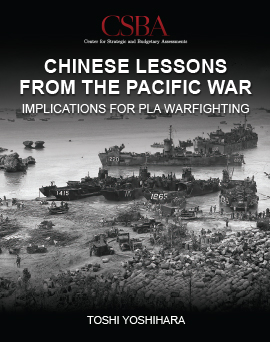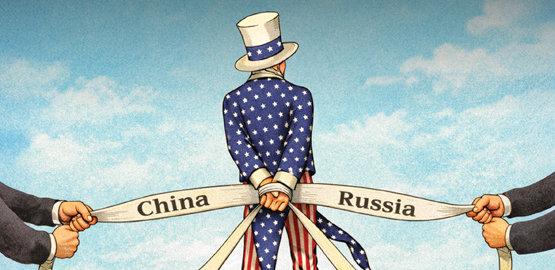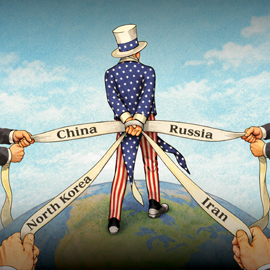
Senior Fellow Toshi Yoshihara surveys Chinese histories of the Pacific War to discern lessons that mainland analysts have drawn from the ocean-spanning struggle. He examines the extensive Chinese-language literature on the great battles at Midway, Guadalcanal, and Okinawa and pinpoints the operational insights that Chinese strategists have gleaned from them. The selected campaigns involved warfighting that will feature prominently in a future Sino-American conflict: carrier air warfare, contested amphibious landings, expeditionary logistics, and electronic warfare.
Yoshihara finds that Chinese analysts, including those affiliated with the People’s Liberation Army (PLA), have scrutinized the Pacific War. Their historical accounts of the war at sea explicitly draw lessons for the future of Chinese warfighting, including warfare in the information age, modern amphibious operations, land-based maritime strike, and expeditionary logistics. Yoshihara uncovers in these analyses tantalizing hints of the PLA’s deeply held beliefs about warfare, and of the PLA’s enduring weaknesses that it is seeking to reverse. By looking at the Pacific War through Chinese eyes, Yoshihara argues, the policy community can better appraise Beijing’s evolving views of potential great power wars in the Indo-Pacific.

























